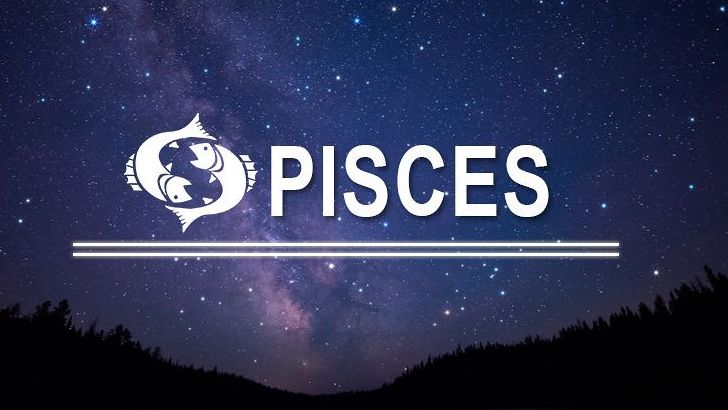
A Claim That Rocked the Cosmos (Image Credits: Pixabay)
In the sterile glow of a federal courtroom, a tale spun from jealousy and resentment unraveled, exposing lies that once threatened to tarnish the stars themselves.
A Claim That Rocked the Cosmos
Imagine accusing someone of hacking your bank account while they’re floating 250 miles above Earth. That’s exactly what happened back in 2019, when Summer Worden pointed the finger at her estranged wife, NASA astronaut Anne McClain. Worden claimed McClain accessed her finances illegally from the International Space Station during a six-month mission. It sounded like science fiction turned felony, grabbing headlines worldwide as the potential first crime committed in space.
The allegation hit hard. McClain, a decorated colonel and trailblazing astronaut, was mid-mission when federal investigators got involved. NASA launched its own probe, and suddenly, the vastness of space felt a lot smaller. Yet, from the start, something seemed off – why would an astronaut risk everything for a quick bank login?
This wasn’t just tabloid fodder. It raised real questions about privacy in orbit and how earthly disputes could spill into zero gravity. The story captivated everyone from space enthusiasts to legal experts, turning a personal grudge into a global spectacle.
Behind the Accusation: A Marriage in Freefall
At its core, this drama stemmed from a crumbling marriage. Worden and McClain, both high-achievers in their fields – Worden as a former Air Force intelligence officer – had tied the knot in 2014. But by 2018, cracks appeared, leading to separation amid a contentious divorce. Tensions boiled over when Worden discovered shared financial access lingered longer than expected.
Worden didn’t stop at one claim. She escalated things by alleging McClain not only hacked her accounts but also involved a third party in the scheme. Federal agents took it seriously, interviewing witnesses and digging into digital trails. McClain, back on Earth, denied everything, insisting the access was legitimate and consensual during their marriage.
The divorce proceedings added fuel. Custody battles over their son intertwined with these accusations, painting a picture of betrayal and revenge. It was less about space and more about settling scores on solid ground.
Probing the Zero-Gravity Puzzle
Investigators faced a unique challenge: verifying actions in space. They pored over ISS communication logs, bank records, and even McClain’s mission timelines. What they found contradicted Worden’s story – no unauthorized access from orbit, just routine checks that predated the split.
NASA stood by McClain throughout. The agency cleared her of wrongdoing, emphasizing the astronaut’s exemplary record. Still, the probe dragged on, costing time and resources while McClain rebuilt her career. Worden, meanwhile, doubled down initially, but cracks in her narrative emerged under scrutiny.
By 2020, charges flipped. Worden faced two counts of making false statements to federal authorities. The case simmered until recently, when she finally owned up to the deception.
The Courtroom Reckoning
On November 13, 2025, in a Texas federal court, Worden entered a guilty plea. She admitted fabricating the entire space-hacking tale to discredit McClain during their divorce. Facing up to five years in prison and a $250,000 fine, her confession closed a chapter that began light-years away.
Prosecutors called it a calculated lie, born from spite. Worden’s actions not only wasted investigative efforts but also cast a shadow over NASA’s operations. McClain, now a respected figure in space exploration, emerged unscathed, her reputation intact.
The plea deal hints at leniency, but sentencing looms. It’s a reminder that personal vendettas can have interstellar consequences, even if the crime itself was grounded in fiction.
Lessons from the Stellar Scandal
This saga highlights vulnerabilities in space-age relationships. Astronauts endure isolation, and digital ties to home can blur lines during missions. Here are key elements that fueled the fallout:
- Shared financial access left over from marriage, forgotten in the heat of separation.
- High-stakes careers amplifying emotional stakes – McClain’s space role versus Worden’s intelligence background.
- Limited jurisdiction in space, making earthly laws feel distant yet binding.
- Media frenzy turning private pain into public trial by opinion.
- The human element: jealousy unchecked leading to legal peril.
Beyond the drama, it prompts NASA to tighten protocols on personal data during missions. Couples in extreme jobs might think twice about intertwined finances now.
Experts weigh in on broader impacts. Space law is evolving, but this case shows domestic issues can orbit into legal gray areas fast.
Looking Skyward: What Comes Next
As space travel expands, stories like this underscore the need for clear boundaries between personal lives and professional orbits. McClain continues her groundbreaking work, perhaps inspiring more women in STEM amid the noise. Worden’s guilty plea serves as a cautionary tale – truth has gravity, pulling lies back to Earth eventually.
Key Takeaways
- The accusation was the first alleged crime in space, but it was entirely fabricated.
- Worden’s lies stemmed from divorce bitterness, not actual misconduct by McClain.
- This case pushes for better safeguards on privacy and data in extraterrestrial settings.
In the end, what starts as a whisper in the stars can echo through courtrooms and history books. The real crime here? Letting resentment eclipse reason. What do you think – could this change how we handle space-age disputes? Share in the comments below.






